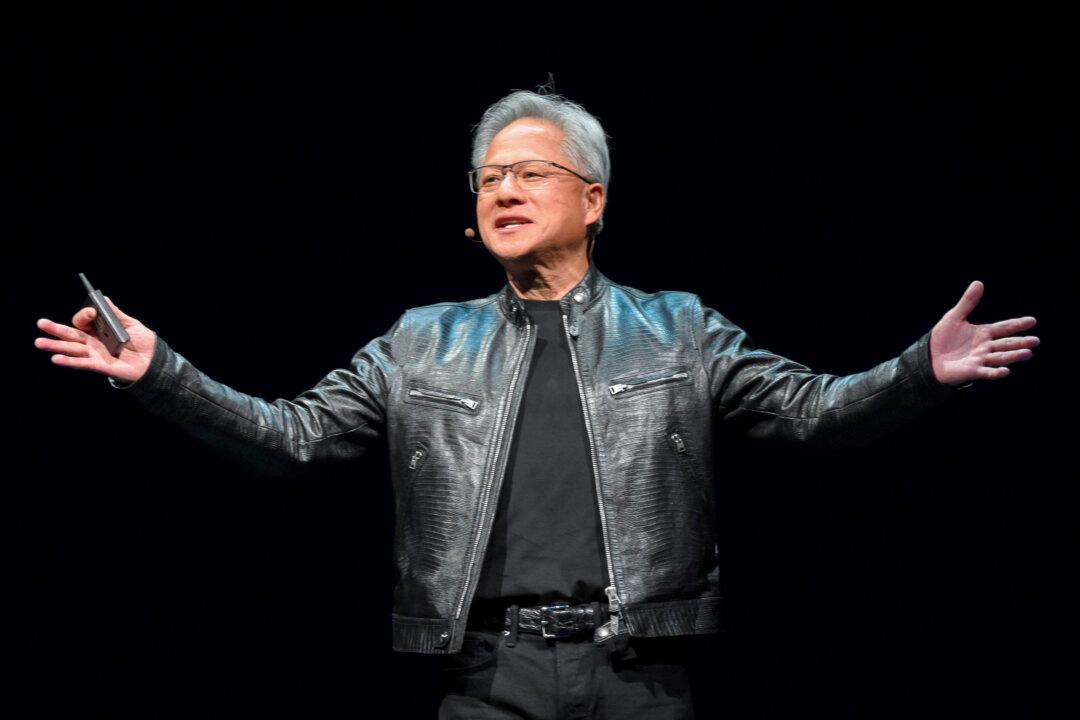The fiscal crisis plaguing China’s largest private asset management corporation, Zhongzhi Enterprise Group (ZEG), has reverberated through multiple industries in China.
Often dubbed China’s “Blackstone,” ZEG managed assets exceeding approximately $516.7 billion. But when it was learned in August that it was facing a liquidity crisis, panic in the market followed. Concerns arose that ZEG’s crisis could be as dire or worse as the Evergrande or Country Garden crises, posing a substantial financial threat to China.





